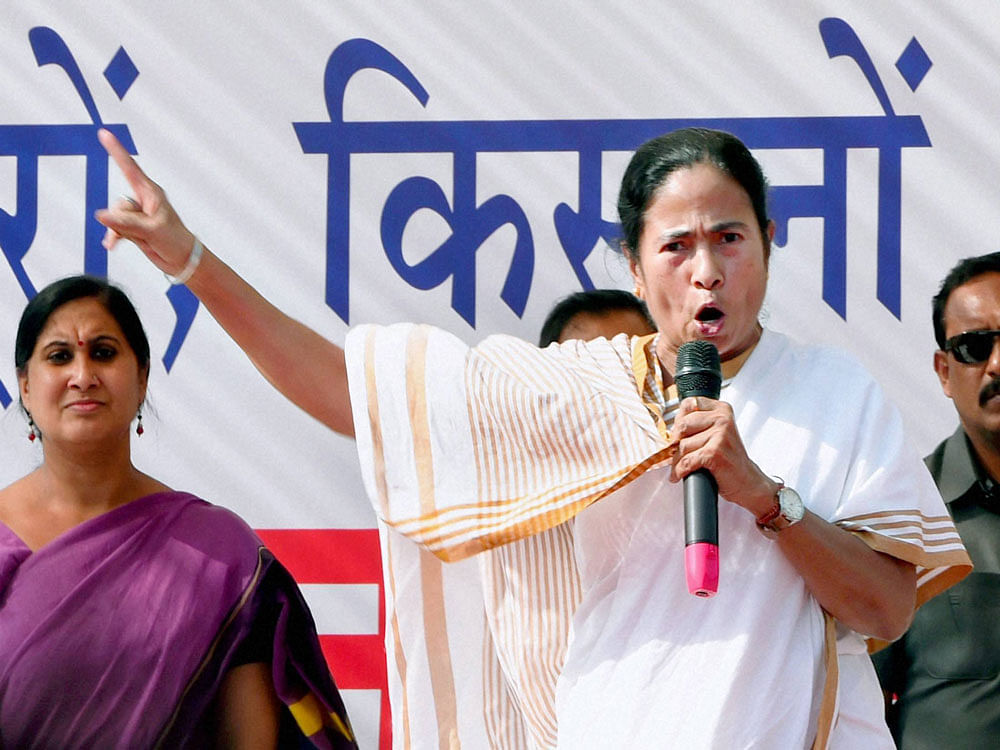
On August 4, 2005, Mamata Banerjee, then an Opposition MP in the Lok Sabha, was furious when her motion to hold a discussion on Bangladeshi immigrants to West Bengal was rejected by Speaker Somnath Chatterjee. She protested against it, threw papers at deputy speaker Charanjeet Singh Atwal and even offered her resignation.
The Trinamool Congress leader had then said that the Bangladeshi "infiltration of Bengal has become a disaster now.. and I have both Bangladeshi and Indian voters' lists."
Her resignation letter, however, was turned down as it was not submitted in the proper format.
Finance Minister Arun Jaitley tweeted about the 2005 incident on Wednesday.
Thirteen years later, Mamata is one of the fiercest voices against the disenfranchisement of 40 lakh people in the draft National Registry of Citizens (NRC) list published by the Assam government. She warned the BJP government at the Centre that omission of so many people from the citizens' list would lead to a "civil war" and "bloodbath".
So what has led to this change of heart?
For starters, Mamata is one of the prominent leaders of the anti-BJP bloc that aims to wrest power from the saffron party in the 2019 general elections. She is one of the leading candidates for the prime minister's post should they manage this feat.
In 2005, Mamata was attempting to break the decades-long hold of the Left parties in West Bengal. The Left was also backing the Manmohan Singh led UPA government at the Centre. She even fought and lost against the Left parties in the 2006 Assembly election.
Now, everything has changed. Mamata routed the Left in West Bengal and emerged victorious in consecutive elections. The Muslim pockets of West Bengal, which were traditionally Left-leaning, are now a major vote bank of her party. The Trinamool government has announced several sops for the community.
Her U-turn reminds us of the popular sayings, there are no permanent enemies in politics and that "change" is the only constant in a democracy.